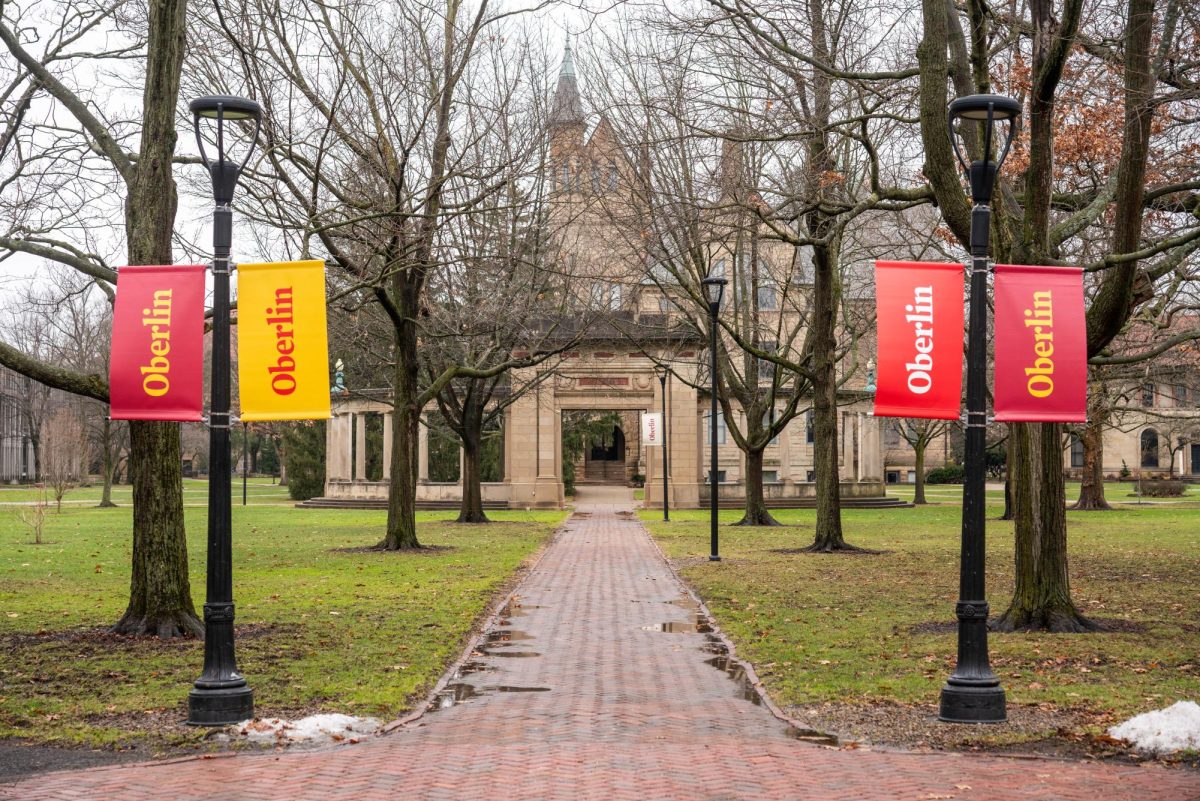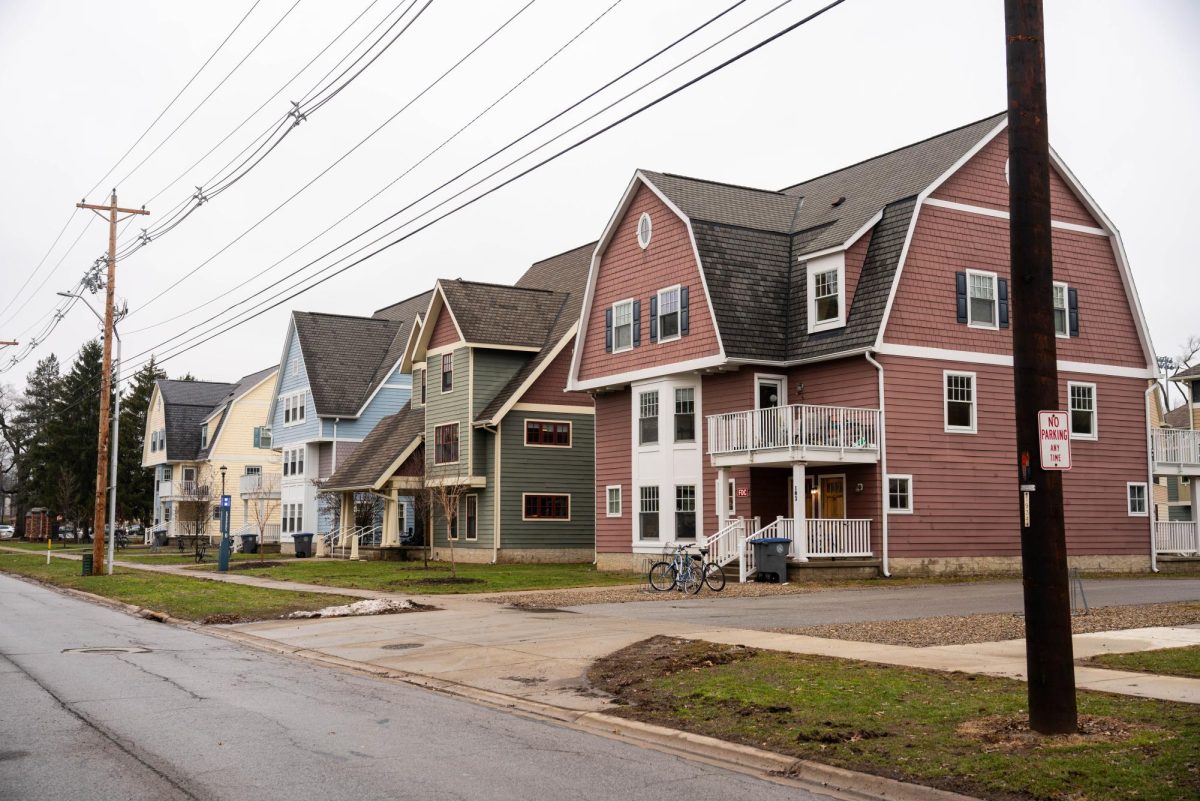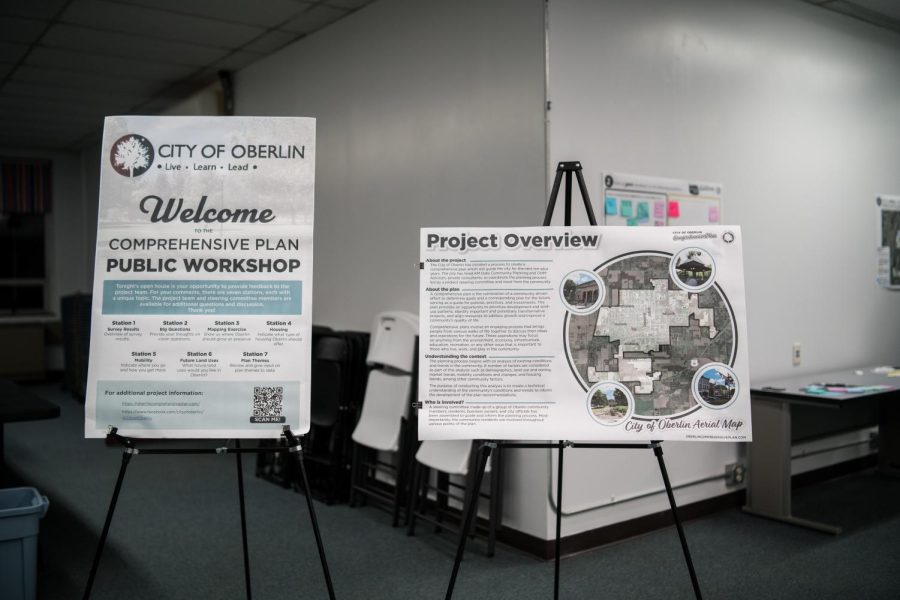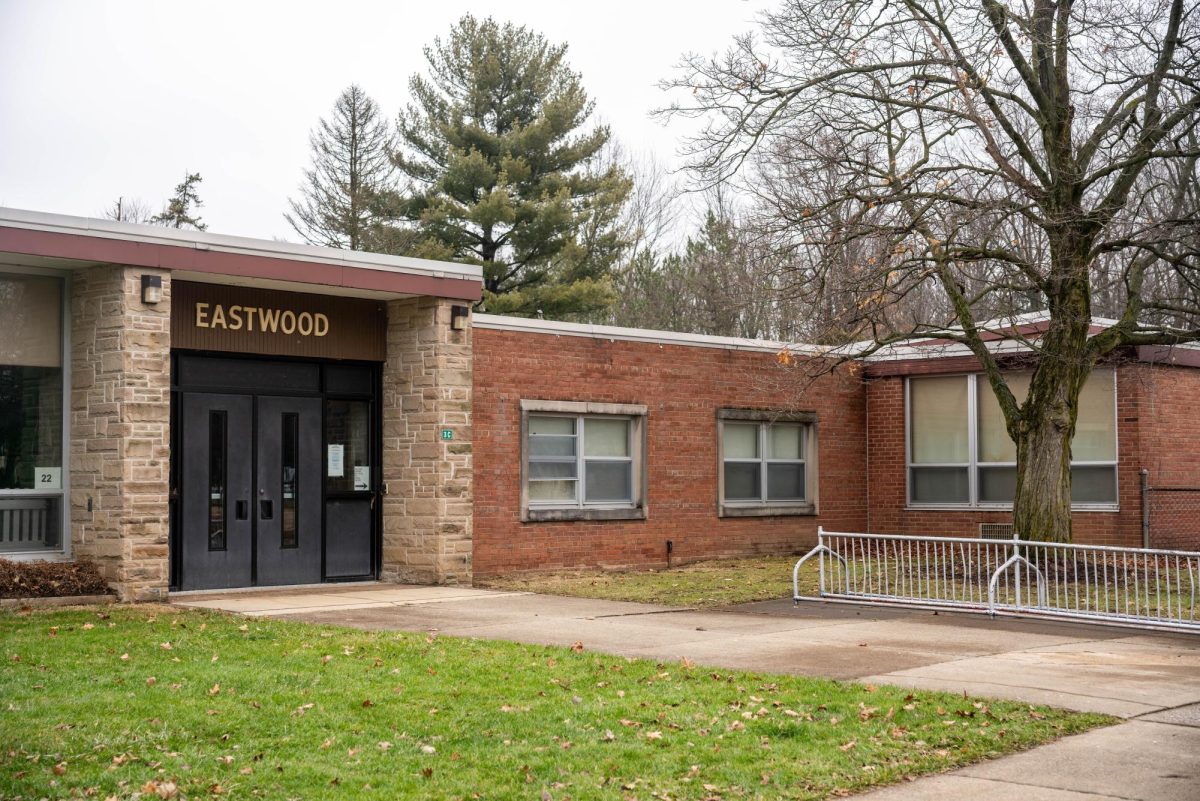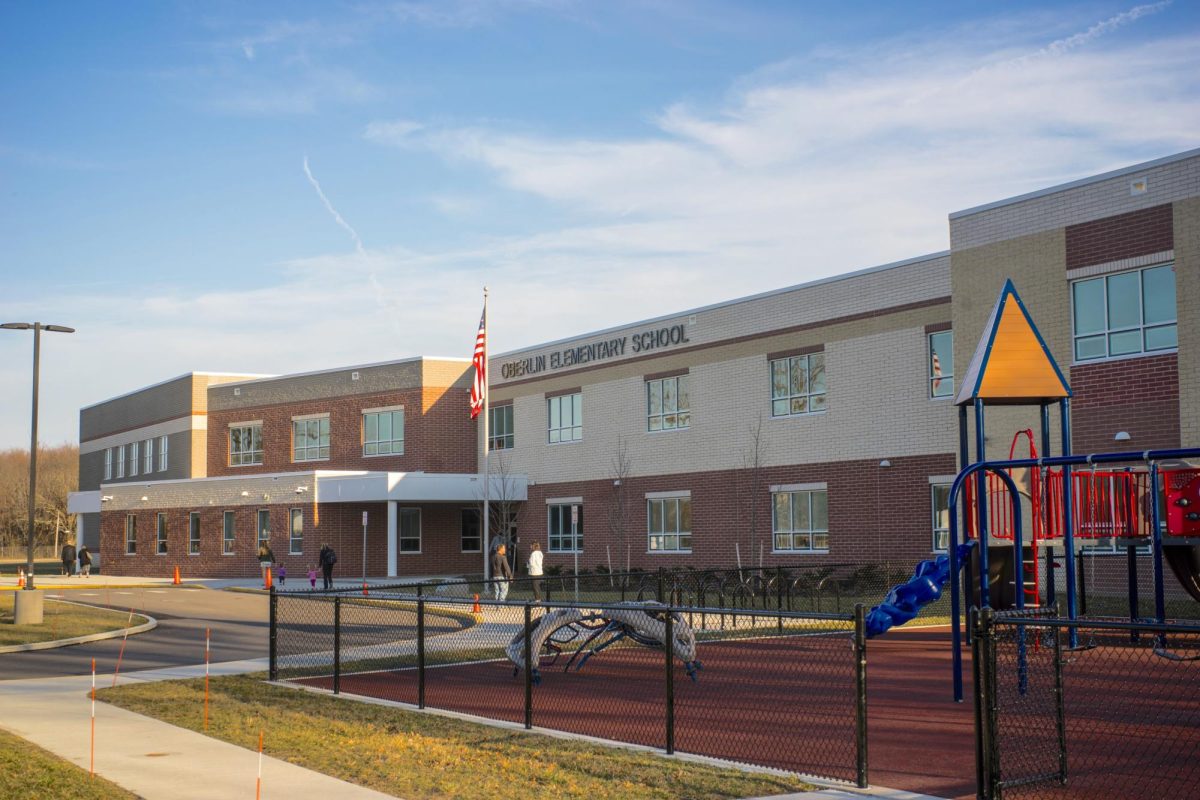Since taking office Jan. 20, President Donald Trump’s administration has rolled out a cascading series of initiatives, raining down executive orders through a shock-and-awe approach that has left many, even in his own party, reeling. Across the country, freezes on government grants have interrupted science research at universities, anti-DEI initiatives are rippling through schools and businesses, and promises to deport international students who have protested Israel’s war on Gaza have raised concerns over freedom of speech.
Many of these changes have the potential to significantly impact both the City of Oberlin and the College. In the coming months, the Review will be speaking with City residents, students, and staff about their own experience of this fast-changing American landscape, interviewing professors who can help provide insight on the changes, and reporting on the ways that members of our community are organizing in response.
But for now, here are just a few of Trump’s actions thus far that may impact the Oberlin community.
Immigration
Since assuming office, Trump has taken a series of steps against immigrants, changing existing legal frameworks. This has included opening up colleges, hospitals, schools and churches to immigration raids, broadening the scope of who can be deported through the signing of the Laken Riley Act, and ordering an end to birthright citizenship, which has been injuncted by a federal judge.
Last week, President Trump announced that he plans to send 30,000 migrants to Guantanamo Bay, an area that falls outside of the territorial limits of the United States, and may fall outside the bounds of American law. While many have criticized the plan as unfeasible, as of Wednesday, the Trump administration has sent the first 10 migrants to the prison, which previously held prisoners from the wars in Afghanistan and Iraq.
President Carmen Twillie Ambar addressed these threats in an email to Oberlin students, faculty, and administration.
“The recent spate of orders seeking to change federal immigration policy resulted in a more fulsome community dialogue led by our Office of Intercultural Engagement and perspectives from our General Counsel’s Office about what federal law requires of us and how we can provide guidance, resources, and support to members of our community,” President Ambar wrote.
Oberlin is a sanctuary city, meaning that Oberlin police and Campus Safety won’t cooperate with ICE unless required to do so by law. However, the federal government is cracking down on sanctuary cities, with the new Attorney General Pam Bondi vowing to slash federal funding to sanctuary cities and the Trump administration filing a lawsuit Thursday against Chicago over their sanctuary city policies.
Tariffs
At the end of his second week in office, Trump announced tariffs — taxes which are imposed on imports from another country — on goods from Mexico and Canada of up to 25 percent. He proceeded to agree to a 30-day delay on the tariffs with the two countries, following calls between the leaders and President Trump, in which both countries agreed to aid in border reinforcement efforts. Trump also pledged an additional 10 percent tariff on goods from China, which went into effect Tuesday, to which China has responded to with tariffs on some U.S. goods.
Assistant Professor of Economics Jihye Heo, who specializes in international trade, explained that the cost of tariffs often gets passed down to consumers. She pointed to construction companies as one of the industries in Oberlin that may be the most directly impacted, due to reliance on imported steel or steel-like materials — the effects of which could then ripple out in the form of higher costs for the services they provide.
“Industries that rely essentially heavily on importing materials or goods are all going to be affected,” Heo said. “In Oberlin, I think, other than construction, I would say retail — so stores selling imported products such as electronics, clothing — might need to raise prices due to increased import cost. Another big feature, not Oberlin specific per se, but in general in Ohio, would be the agricultural sector — especially because there have been open discussions about retaliatory tariffs.”
Heo also pointed out the greater factor of uncertainty that the back and forth over tariffs and international trade from the Trump administration is creating, and how that might impact the job market.
“The problem right now, aside from large tariffs and retaliatory tariffs leading to trade war, stems from the fact that there’s just a lot of uncertainty,” Heo said. “So if businesses and firms view this uncertainty as very high, then they will likely reduce investments and they might decrease hiring. That will likely [have a] negative impact on students who are trying to get internships or are on the job market. Overall I think it largely depends on how [high] everyone thinks the uncertainty is. But right now, I feel like it is quite high.”
Transgender rights
President Trump has also come after transgender rights in his first few weeks in office. He decreed on day one that federal agencies should only recognize two sexes, soon after which Secretary of State Marco Rubio, in a memo reviewed by NBC News, called for the suspension of applications to change gender identity on passports, as well as the suspension of any applications for the X gender marker for passports.
On Wednesday, Trump signed an executive order barring transgender athletes from women’s sports, saying that schools that violate this order would jeopardize their federal funding. This would impact Oberlin public schools, which rely on taxpayer money. The New York Times reported that this is leading athletic governing bodies, including the National Collegiate Athletic Association, to update their policies in accordance with the new order. Several states and legal groups have already vowed to challenge this order.
For Oberlin, these attacks on transgender rights come in conjunction with Ohio’s Senate Bill 104, which has decreed that all multiuse bathrooms be restricted by sex assigned at birth.
Response from the College
On Feb. 4, Ambar sent out a message in regard to this “time of uncertainty.”
“The legislation and numerous executive orders that have recently come into view are unsettling,” Ambar wrote in the email. “They seem to challenge the very foundations of how we interact with our fellow Americans. But I do not believe they preclude us from pursuing our mission or honoring Oberlin’s past, even as our responses respect the boundaries of the law. We still believe in this democracy that we value so highly, even though it feels as if it is sometimes slipping away.”
Ambar wrote that the college is strengthening relationships with civil leaders and lawmakers at all levels, and that a small group has been working to “understand the potential implications for Oberlin.”
The Bonner Center professional staff also spoke to the current moment in an email to the Review.
“With the unprecedented level of change we are not currently in a position to comment on specific federal policies as a Center,” the Bonner Center staff wrote. “However, we remain steadfast in our mission to support any student who is passionate about community engagement.”
They encouraged students to stop by the Bonner Center.
“We want to encourage folks who may want a sense of community, connection, or direction during this particular moment in our collective history to consider engaging with this community around them through service,” they wrote. “Like any good Obie, we believe that one person is capable of changing the world for the better and hope that our work empowers people to do so.”


